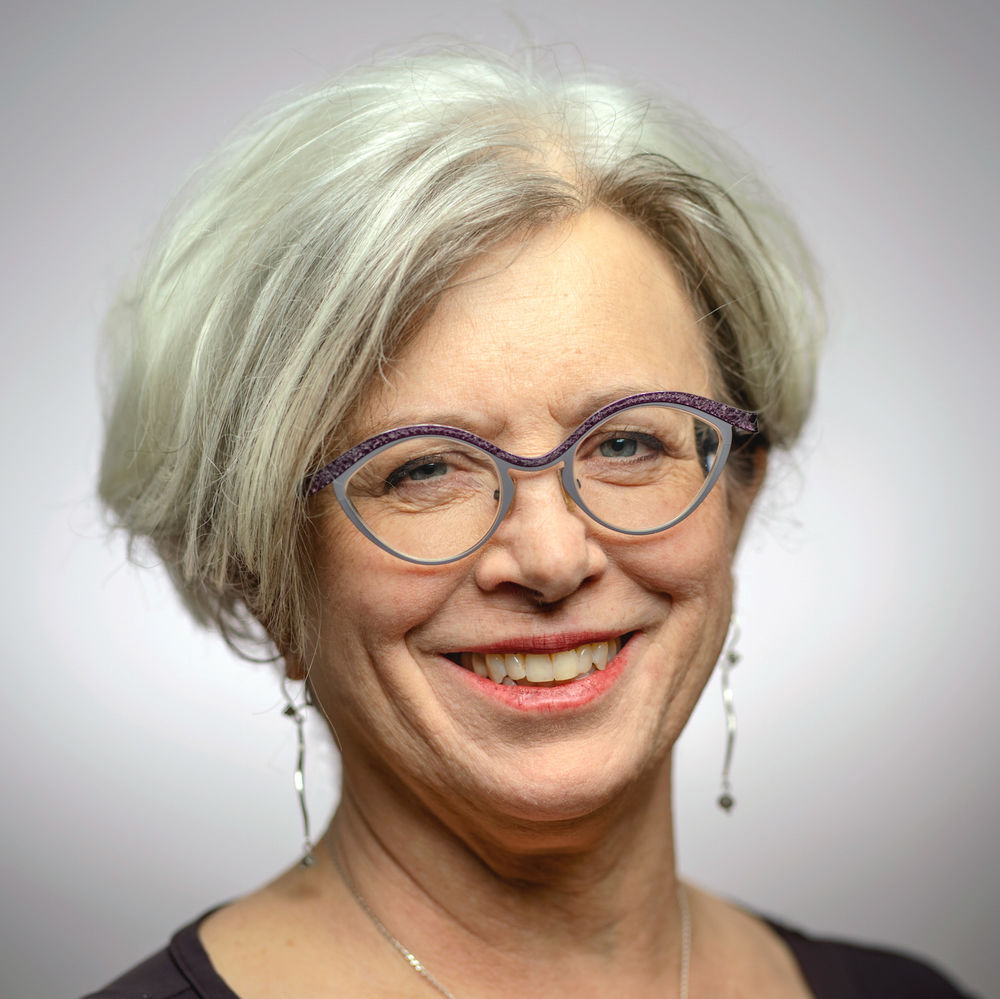
Lisa Bedore
Lisa Bedore, chair of the Department of Communication Sciences and Disorders, has been named co-recipient of the 2022 Excellence in Diversity Award from the Council of Academic programs in Communication Sciences and Disorders (CAPCSD), an international organization that supports teaching and research in the field.
The award recognizes Bedore’s pioneering work in Spanish-English dual-language learning. Bedore and award co-recipient Elizabeth Peña, associate dean of faculty development and diversity in education at the School of Education of the University of California, Irvine, founded and conduct research through the Human Abilities in Bilingual Language Acquisition (HABLA) Laboratory.
The HABLA lab focuses on understanding how bilingual individuals, Spanish and English speaking children in particular, organize and access their two language systems. Census data indicates that around a quarter of U.S. children under age six are learning a language other than English at home, but they may be speaking English outside the home.
“A lot of our work focuses on the development of tests to accurately identify language learning difficulties in bilingual children,” Bedore explains. “Learning and maintaining two languages presents its own challenge when you are figuring out whether children are having language learning difficulties. There are a lot of things to disentangle.”
Even choosing the initial language of intervention for bilingual children who are at risk for language impairment is challenging for clinicians, because both the home and academic languages are important for successful communication. In one study with bilingual first graders, Bedore and Peña found benefits of interventions that included work in both languages, with the best approach depending on each individual’s strengths and patterns of language use.
HABLA’s work points to the need for programs and tools that can help practitioners succeed in bilingual settings, Bedore says. Some recent areas of focus have been on understanding how languages interact in bilingualism. Emerging projects in the lab concentrate on understanding the biases against bilingualism in U.S. society and finding ways that that we support clinicians’ efforts to implement practices that support bilingual children and their families. “The broader question really has become: what can we do to support understanding of bilingualism in our field?” Bedore says. “I think we need to do more in terms of education and increase the openness of the field towards accepting bilingualism as something that's a normal communication pattern in the U.S. and in the broader world.”
Bedore and Peña will receive their recognition at the CAPCSD convention in Portland in April.
